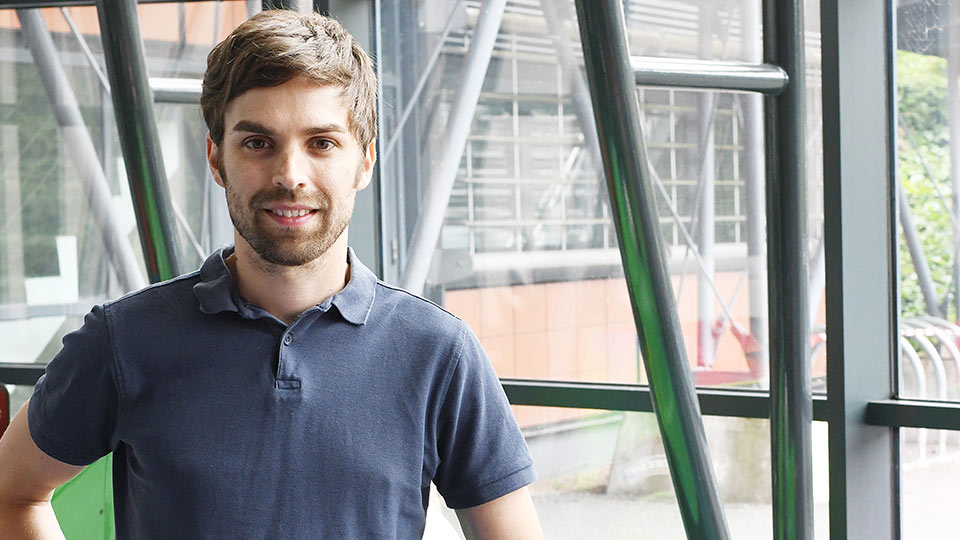Professor Rui Chen, Professor Jin Xuan and Dr Ashley Fly, of the School of Aeronautical, Automotive, Chemical and Materials Engineering, hope the collaborative international project will help the 1.3bn-strong country increase clean vehicle uptake, improve urban air quality and meet carbon emission targets.
One of the most important threats the world faces today is climate change, and transport – particularly passenger vehicles – contributes significantly to emissions on both a global and a localised level.
Electric vehicles are currently the most promising alternative to combustion engines, which burn fossil fuels, but the technology performs poorly in countries with hot climates, like India.
This is because lithium-ion batteries used in electric cars work best at around 25°C and degrade faster at high temperatures, reducing their lifetime.
India can reach 45°C in summer and, as a result, batteries can be rendered useless after just a couple of years.
Loughborough University, Vellore Institute of Technology (VIT) and the PSG College of Technology have teamed up to deliver a project in Tamil Nadu, India, that centres around the conversion of a conventional Indian four-wheeled vehicle from combustion to battery electric.
The research, funded by the Royal Academy of Engineering and led by VIT, will have a focus on developing battery propulsion systems that can withstand the unforgiving heat.
The converted vehicle will be used as a research testbed and teaching tool to better understand the demands of electric vehicles in India.
Professor Chen, Professor Xuan and Dr Fly will provide expertise in the operation and management of lithium-ion batteries, environmental test facilities for battery modules and advanced battery analysis techniques.
They will be responsible for battery testing and characterisation in the electric vehicle development and will perform tests in an environmental chamber (an enclosure used to test the effects of specified environmental conditions on industrial products and electronic components) to replicate the challenging Indian climate.

The project hopes to increase clean vehicle uptake in the 1.3bn-strong country.
Dr Fly said: “Developing electric vehicles for the Indian climate is particularly challenging as the ambient temperature is often already above the ideal operating temperature of the battery, which can significantly reduce the battery's lifetime.
“When our smartphones get too hot from being left in the sun, they notify us to move them into the shade. This is often not an option with a whole vehicle, so instead, we need to engineer intelligent solutions to manage the temperature.”
Some of the intelligent solutions the research team will explore include the use of phase change materials (materials that can change from one state to another (solid, liquid or gas)), refrigeration-based cooling systems and temperature resilient battery chemistry.
As part of the project, the collaborative research team will also develop an industrially oriented teaching curriculum that aims to increase the employability of engineering graduates in India and help industries to recruit highly skilled workforces.
Exchange visits, workshops and teaching seminars will take place in the UK and India throughout the development to disseminate knowledge and understanding in this strategic area to the wider academic and industrial sectors.
Loughborough will share knowledge about educating future automotive engineers through its successfully taught programme, deliver guest lectures in India and discuss how it is addressing the challenge of incorporating new multidisciplinary low carbon technologies into its taught programmes.
Dr Fly said: “Loughborough University has been teaching Automotive Engineering since 1919 and is at the forefront of research and teaching in emission-free vehicles.
“Through a series of exchange visits, teaching workshops and knowledge exchange we aim to develop the electric vehicle programme at VIT and enable them to train the next generation of engineers in India.
“In turn, this international collaboration will improve the global outlook of our own teaching, benefiting students in the UK.”



